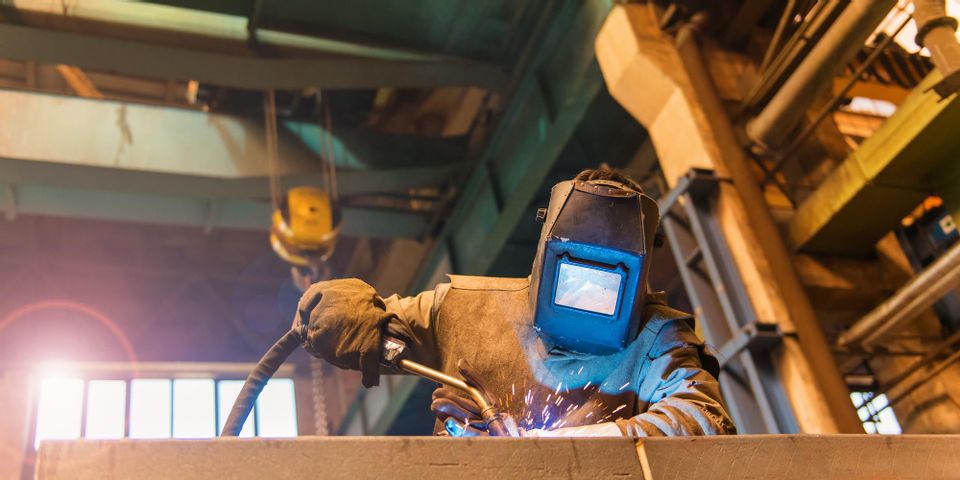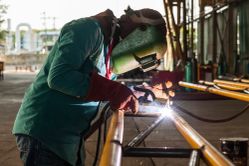
Welding is the process of combining two pieces of metal. If you’re new to the topic, you may be wondering if welding equipment can combine two different metals. Called “dissimilar welding,” this process requires experience and serious consideration. Below is a detailed guide on the topic.
When Can Different Metals Be Welded Together?
Many metals can be welded together, such as steel and aluminum, which are popular in the auto industry because they combine steel's strength with the corrosion-resistance of lightweight aluminum. Multiple metals may be joined to create efficient, cost-effective electronics, such as aluminum and lithium for circuit boards within phones and cars. Whatever the purpose, welders have to examine several factors carefully.
Welders have to dial in different temperatures on their welding equipment, depending on the metal. Two different metals, like cast-iron bronze and stainless steel, need to have similar melting points. If one melts much faster than the other, it will start hardening before the other melts, which often results in bubbling or cracking at the conjoined point of the two metals.
Thermal conductivity is also essential since it determines how well energy can pass through a conductor, which is metal in this case. One highly-conductive metal will draw heat from the joint, causing a poor welding fusion when joining high-conductivity with low-conductivity metals.
For example, joining a high-conductive metal like copper with a low-conductive alloy like steel will result in a poor fusion and transmission of energy. A similar problem arises from thermal expansion—a metal’s ability to change shape and density at specific temperatures.
What Are Common Issues?
 Many welders solve problems with dissimilar metals by choosing a neutral filler to close the joint between them. However, it’s important to still be aware of common issues. Non-compatible metals are more susceptible to cracking at the joint since the energy and stress placed on them will cause the final product to corrode and wear down faster. This is especially true for heat- and pressure-related cracks between metals with different melting points.
Many welders solve problems with dissimilar metals by choosing a neutral filler to close the joint between them. However, it’s important to still be aware of common issues. Non-compatible metals are more susceptible to cracking at the joint since the energy and stress placed on them will cause the final product to corrode and wear down faster. This is especially true for heat- and pressure-related cracks between metals with different melting points.
Each metal also responds to stress differently. A less-dense product, such as titanium, may not endure the heat experienced through steam or friction because it’s relatively light and malleable. Another may also be less corrosion-resistant, such as iron, which leads to cracking and rust. When combining materials, you should consult a welding equipment supplier to see what materials their professionals would recommend for your project.
If you’re searching for welding equipment and other materials, contact Thomas Gas Service of Chillicothe, OH. This locally-owned and -operated company has served the area since 1962 and carries a variety of welding supplies. They also provide industrial gas refills and propane refills, which you can learn about on their website, or call (740) 775-2917 to speak with a representative.
About the Business
Have a question? Ask the experts!
Send your question

